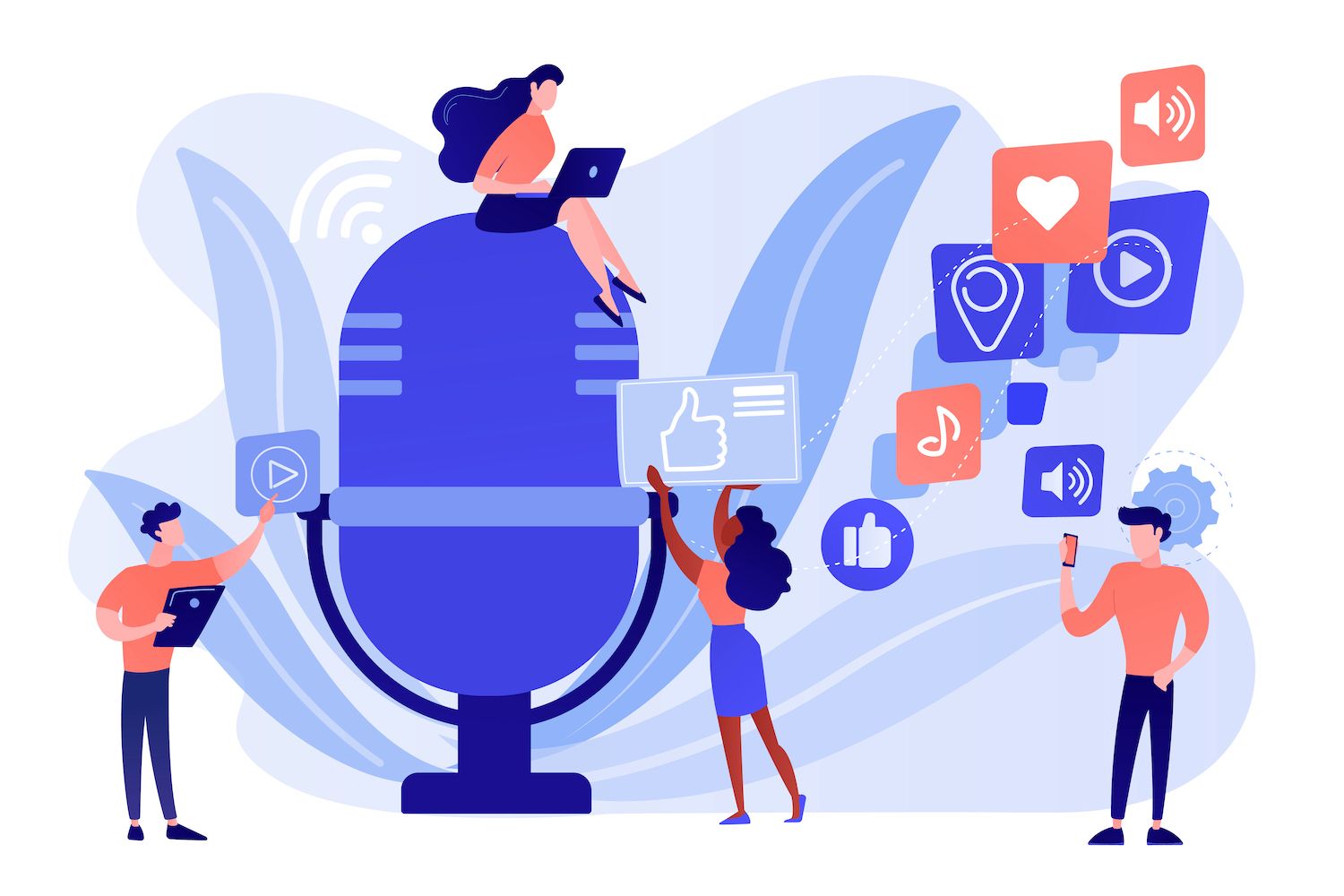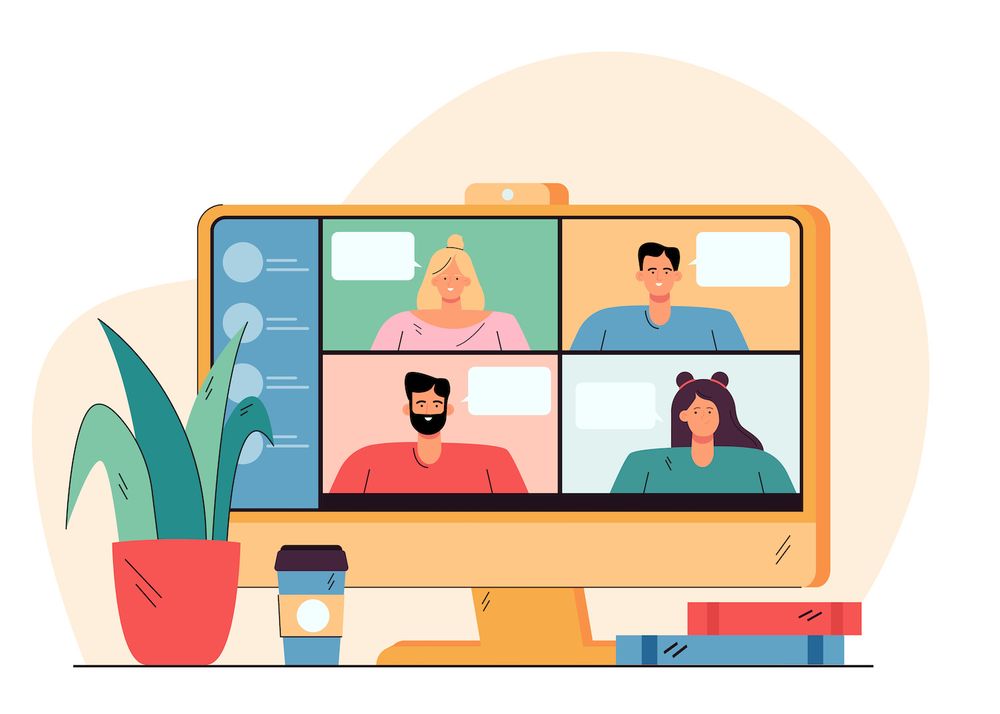Terms

"I was born and raised within Southern Vermont," starts Max Mackson of Maximilian Mackson, LLC. I was a homeschooler through high school. This gave me the opportunity to spend time on the computer. I was able to learn HTML, CSS, and JavaScript, the languages of the internet, and then I continued to play with my side projects."
As a young adult, Max was enrolled in a theatre program. "I learned how to behave professionally. We were directed by a strict director, and I'm grateful we had him because he taught me to never miss a deadline and to ensure you're prepared," he adds. Max's first IT job happened around the time of this interview. "Between my junior and sophomore year of high school I was working at a country club located in the town. I would be there every week updating their website and it was God awful! They used a bizarre third-party system that took a half hour to do tasks that using WordPress would have taken two minutes," the author describes.
Meeting people face-to-face when solving the technical issues certainly made a difference He continues. "I'm all about personal connection. I get a lot worth out of friendships. During the season in the club, the club was at full speed constantly. If the printer in the kitchen stopped working and I needed to get in there. It was hot and busy, and everybody was running around me - we were 'in the zone' in the moment!"
Max loved seeing in person the results of the work he was doing, and trying to combat the stressful relationship that we share with technology at times. "When I worked with others who were working with me, I would tell them "OK, I've pushed an update on this machine' and I would get to know if the update helped them or if they would get confused. I could see all the various perspectives, and see how people respond to technology. A lot of IT folks will just affirm, "Oh, this is how things work now; this is the new update' and I find that irritating. I like to work with people."
Max realized that being proficient in technology could be a positive influence on the lives of people. At the time of his country club days when he was a teenager, his resentment for printers beganto surface "They don't seem to function when you expect for them to!" he smiles. A significant portion all of his work time consisted of repairing printing equipment; and working with computers helped him understand system architecture "I was able to overhaul all their systems over many years. I still do the work they do now," he adds.
Singing on his own
For a formal education, Max went to Champlain College in northern Vermont but he was taught something different that the traditional course. "I was among a dozen information technology majors that was really hilarious since, while I was in school it was decided by the school that they would be ending this specialization! They brought us into an area and told us, 'Hey, guys, and you'll still be able to complete your degree. But we're not going to offer your major after this year'!"
Max started working in audio-visual production because of his experience in the theater. "That required more fixing of technology since all classrooms relied upon computers, projectors, and projection screen" he continues. "When the technology went down and we walked through these classrooms full of people and everyone would stare at us. Then we'd be seated at a table to swap out a projector bulb!"
"I stayed in college for only two years; I dropped out because I found it to be slow. The web world moves fast, and by the time you end up learning something in college the subject is outdated in the real world. The professors who have to keep up with the latest developments and pushing this knowledge to the students, it's a while," Max adds.
Of course, the pace of innovation hasn't slowed - quite the opposite - and the pace and goal of formal education ultimately led Max to start his own business. One reason why that Max left was that his outlook for the prospects was not as clear as the vision of his school: "They liked to say that they could get 99percent of their students a job right out of college - which is fantastic, however, they make sure everyone is able to enter the working environment. I like working with other individuals, but not as a result of that; it wasn't for me."
Thus, Max decided to go by himself and began the search for his first customer. He had just taken an online course and the person who was running the event had requested reviews. Max recalls: "I sent one in with the intention of practicing my writing skills. However, on the back, I put 'PS - If my skills can ever be of use to you, please let me know?' and Max replied: 'Well, what are you able to do?'"
Max looked over the website and prepared an organized list of changes: "No BS, just clear and concise" and Max got a quick answer: "Text me' as well as a telephone number. "That was the way I got the job I wanted. And to this day he's a good client!" Max smiles.
Services and projects
"You are dealing with all these diverse pieces of software that power your the business, yet none of it's talking to one another. Max is the one who can get that software communicating perfectly," Max says. Max explains how this results in an even more efficient single system, which is able to boost business performance and save time and energy. "I am an integrator of systems and systems. Most people, including my parents, just call me the IT guy!" he jokes.
Max says that an average client's tech stack can comprise of 100 parts of software in separate silos. "You must bring everything together in order they communicate with one and each. I first started working with few clients on Web design, then I began to focus on integration on April 20, 2021. one of my customers wanted to establish a member-paying exclusively community."
Max had been working with this client, a health influencer and evangelist for a few months and was having a great time. He hadn't had much knowledge of membership, but the fact that he had anecdotally known the issues that would be. "I am now researching a bunch of different membership software companies. There is a way for me to go about looking up diverse lists of what's the best software, and I'll compare them."
Max picks software to provide the best user experience, on both the admin side and a customer side, so that customer support is less time-consuming in the long run. Simplicity is crucial. "I have the ability to operate in a more intricate work environment, however I am also aware that when something reaches the stage where it's unusable for everyday people. People want to buy something, and they want to gain access. This is a common scenario: when you sign in to the website, I'd aware of the expression at their face. I'd begin to explain the process and they'd be glazed over!"
Integration styles and the future
"Integrations can be deceptively complex," Max muses. "They have different types and different depths. So for a native integration similar to Mailchimp, you click a few buttons, and it's approved, then you're ready to go. It's possible to create low-code or no-code integrations, like Zapier's Zaps, and completely custom ground-up solutions where you code everything from the ground up."
"Generally I work within the non-to low-code sphere, because it is generally effective for my customers. But for one particular integration, the client asked me to really go into the integration. They needed to include the functionality of native integration but through Zapier. It took me a dozen Zaps to have the entire thing wired up and to make it feel like native and I still needed to add some custom code."
The thing that made this particular venture fascinating was the number of people who participated. "The the first day we launched it, we ran 50,000 tasks through, which was crazy! It had to be optimized numerous times to make sense. I ended up getting it reduced to under 5000 jobs per day. This was quite high."
He continues: "That was the first occasion I worked with a client of that size using Zapier. I've worked on a bunch of projects over the years with different clients, some of which focused on design, and others with more technical aspects, but this was the standout."
The larger scope of development is the driving force behind Max's future. He states: "Longer term, I want to develop software for business." He says his thoughts on software are often because it's an integral part of his work and because so much software has been getting worse with time. "It becomes bloated and slow It's no longer user-friendly. They're constantly pushing out these UI upgrades that make it worse. In the present, a lot of people expect software to suck!"
He explains that he wants to create a superior, simpler, end-user experience. "It's extremely early on the process of design, however I've got some intriguing ideas there. The project is likely to be around six months or more, because I tend to work solo most often. I do not like working for agencies: they give the project over to a unfamiliar developer that they just keep locked inside an unlocked closet! I'm not a fan of that kind of environment and tend to work with people one on one."
Max shares his latest thoughts for subscribers of his mailing list (which he lovingly refers to as the "#MilianFam"). As an offer exclusive to new subscribers coming from , he has created an extra bonus program which, as of the moment of this article's post, hasn't ever offered in any other place, at whatever price.
